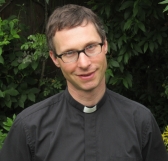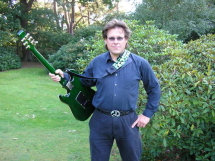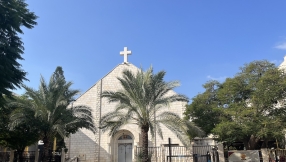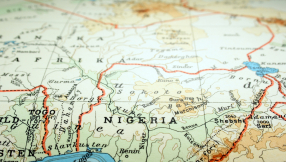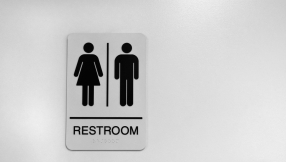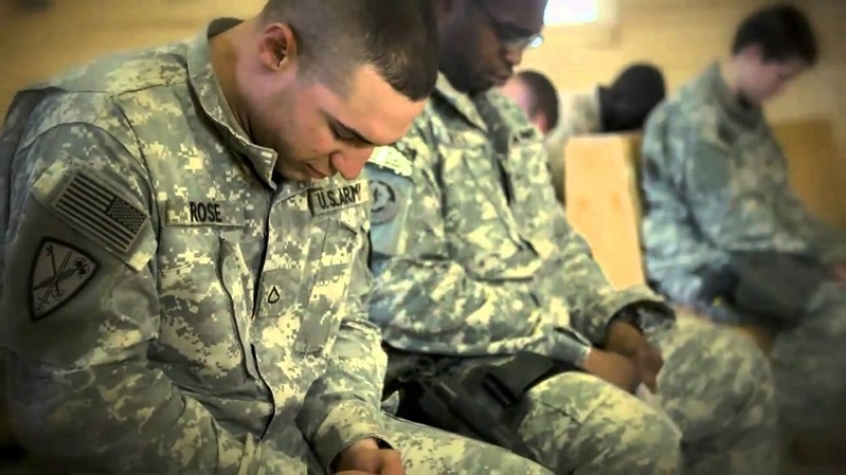
For soldiers coming home from conflict areas, the military chaplain is the person who is there to listen to all their troubles and help them cope with the trauma they are experiencing.
But after absorbing the woes of soldiers, ministering to them, and seeing the battlefield scene themselves, some of these chaplains also suffer from post-traumatic stress disorder (PTSD) and need assistance themselves.
The St. Luke's Institute, a Roman Catholic Center based in Silver Spring in Maryland, has made it part of its mission to help these military chaplains.
One such chaplain is Pastor Matthew Williams, who has already been deployed in Afghanistan and Iraq.
Williams said he initially thought that he could take in everything he saw in the battlefield—from corpses in body bags to his "friends' faces all blown apart"—until he realised he could not take it anymore.
"I thought I had a handle on suffering. I thought I had a handle on understanding the sovereignty of God. I didn't know crap," Williams shared in a report by The Washington Post.
"At the end of the day, what I know now is: I'm alive, I believe in God, I have faith, and that's where it stops. It doesn't get much deeper than that," the pastor added.
Religious men like Williams are the ones that St. Luke's Institute tries to help, according to its president, psychologist and Monsignor Stephen Rosetti.
"The priests are helping others, and the question is who helps them?" Rosetti said, as quoted by the Catholic News Agency.
The priest and psychologist recognised the fact that "just about all" religious workers who come home from war-torn areas need "some sort of support."
He said some of the missionaries and priests have "almost too much for the human soul to bear."
"I think especially of missionaries who are in violent areas," Rosetti said, particularly those who have witnessed "mass murders" or "unbelievable poverty and disease."
He further said military chaplains need help in coping with PTSD to aid them in keeping their faith in God.
"Unspeakable sufferings do challenge our faith, and in times when our faith is a little bit too glib, it kind of bashes that and challenges it," Rosetti admitted. "So these kinds of events really challenge us to move deeper into the Lord's passion and eventually, hopefully, His resurrection."
"It can build up your faith in a new, deeper way, or sadly sometimes people lose their faith," he said.










